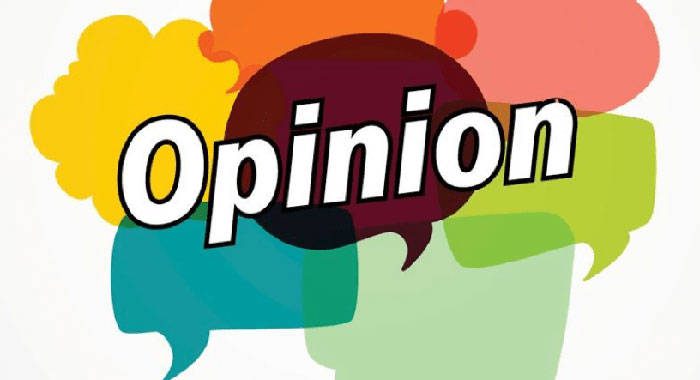By Shimano Bailey
Having just celebrated the 44th anniversary of Independence a month ago, we are at the ideal time to reflect on our country’s development as we begin the 45th year. We have come a long way from our colonial puppet state status. I, however, cannot help but reflect on the mental health of our nation, taking into consideration the devastating impact of the historical traumas pre-independence. As a result of this, I thought it was appropriate to name this piece, “When the Past is Present” — drawing attention to the fact that even though independence has been achieved, the wounds of the past are still present. These traumas need to be addressed in order for healing to take place.
Collectively the historical trauma in the Caribbean is a legacy of slavery, it has been shaped by events such as colonial oppression, economic exploitation, racial discrimination, and political marginalisation. These experiences have perpetuated a cycle of trauma and intergenerational trauma that has shaped the identity, worldview, and experiences of Caribbean people.
Hence, historical trauma in the Caribbean has contributed to a significant burden of mental illness in the region. The prevalence of mental illnesses such as depression, anxiety, and post-traumatic stress disorder (PTSD) is significantly higher than in other regions. Understanding historical trauma is crucial for acknowledging the deep-rooted challenges that communities face and for developing appropriate strategies to promote healing, resilience, and social justice.
In retrospect, our past still looms large in spite of the many efforts for healing and resilience. Traumas of the past frequently trigger us as we travel through St. Vincent and the Grenadines on a daily basis, which has a substantial impact on our mental health. Even 44 years after our country gained independence, we still refer to the facility where the incarcerated are housed as His Majesty’s Prison. How can reform take place when the institution’s name is a constant reminder of the oppressive colonial regime? Furthermore, it seems logical that the noblemen and noblewomen charged with serving and protecting our society would want to work for an institution whose name reflects them and not our colonial oppressors. There is evidence that the Garifuna and French had a mutual understanding. In light of this, why do we still refer to this community as Petit Bordel (Little Brothel)? I am sure that during French classes, students from this community may endure ridicule from their peers. One can only imagine the impact this has on their self-image and self-esteem.
Furthermore, we often boast about the conveniences of our country. The Mental Health Rehabilitation Centre is in close proximity to St. Vincent and the Grenadines Community College, the cemetery is behind the hospital, and the prison is behind the courthouse. We are constantly reminded of the estates and other communities named after our colonial oppressors.
It is impossible to escape the effects of trauma since it is ingrained in the body’s cellular structure. In cases of chronic trauma, touch, sight, smell, sound, and even certain types of weather can act as triggers and bring the past back into the present. Our past shapes our present and helps us identify who we are and where we are headed. So, it’s natural to use our past experiences as a point of reference for our current situation. Our past often influences the choices we make for ourselves today. If we use healthy judgment to guide our choices, then past regrets, mistakes, and pain are markers of what we do not want. However, for some, the past is not seen as a place of reflection, especially in our case, it is of struggle, fight, hurt, anger and the genocide of our indigenous people. The history and the traditions of the indigenous people have been lost.
Healing from the past or traumatic experiences is not something that happens overnight. It is a process that requires patience, dedication and a commitment to change. Isn’t 44 years enough time spent being patient? Isn’t it time to get rid of the national names of the colonial puppets and replace them with the names of those who fought for our independence and freedom? Haven’t our people endured enough? When the past is still present, how can there be a future? #letthehealingbegin
The opinions presented in this content belong to the author and may not necessarily reflect the perspectives or editorial stance of iWitness News. Opinion pieces can be submitted to [email protected].






